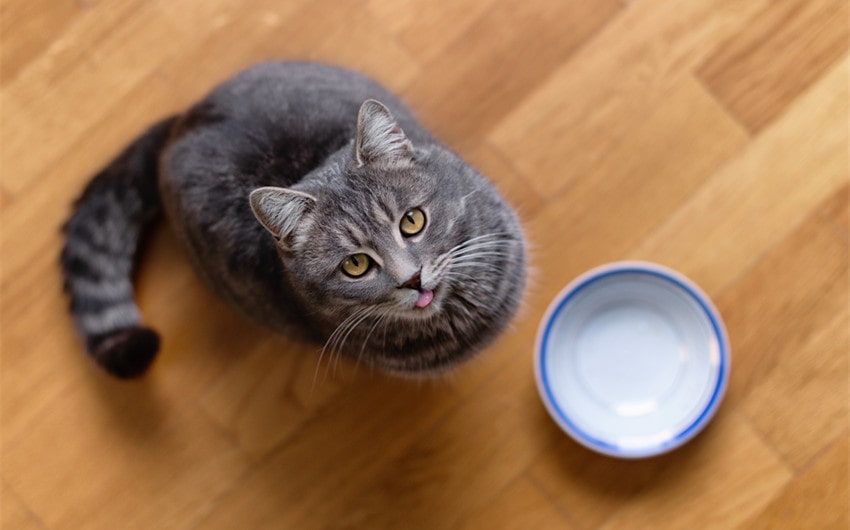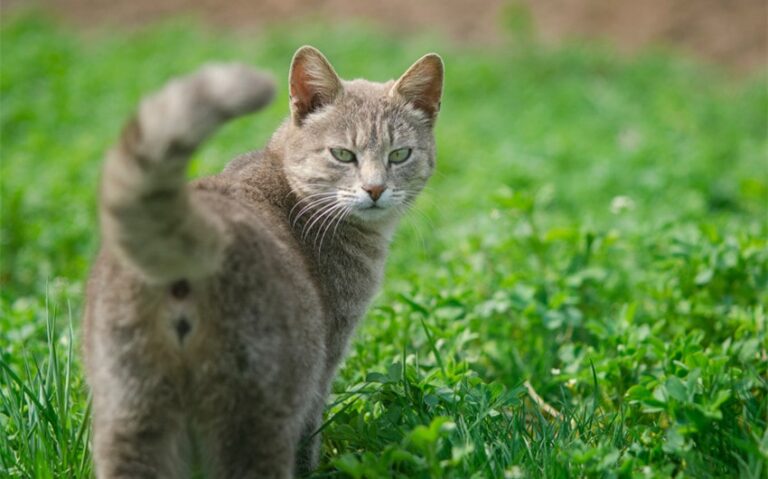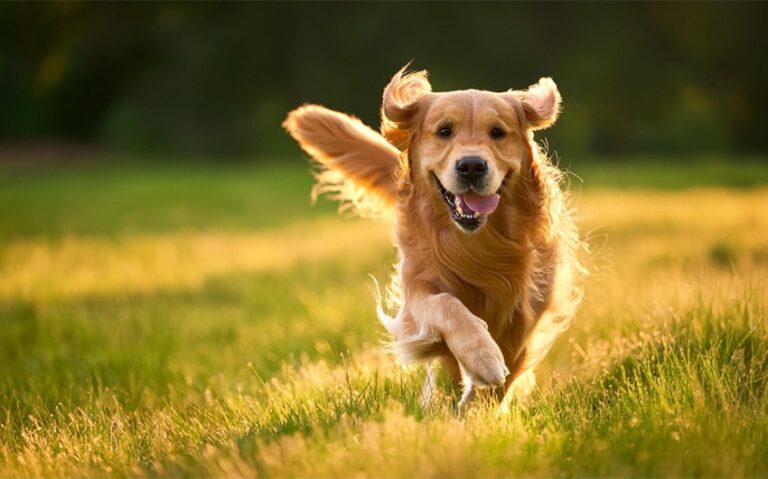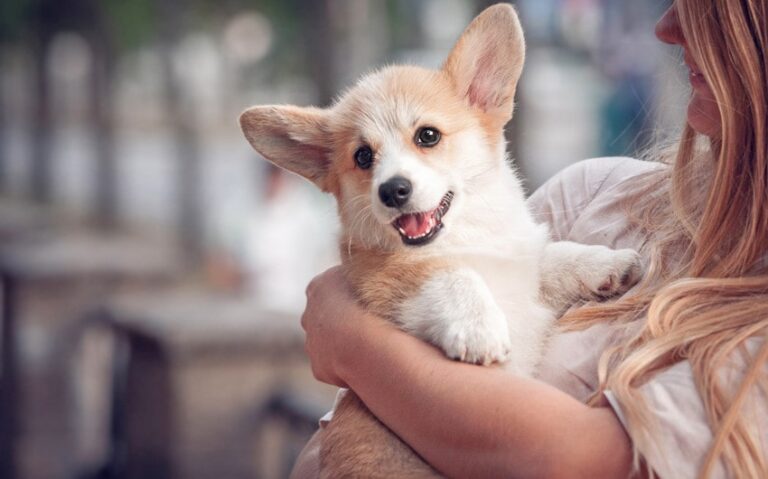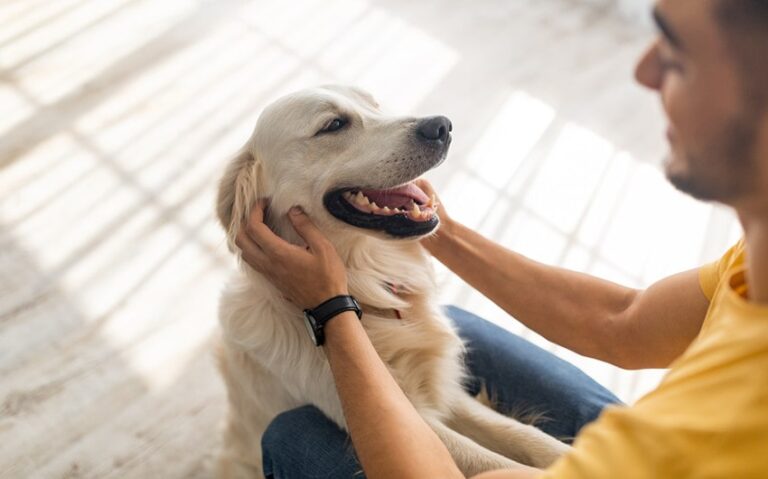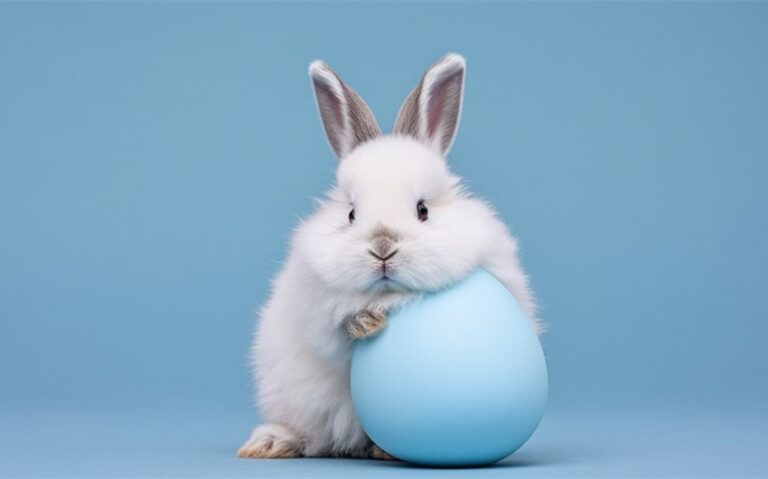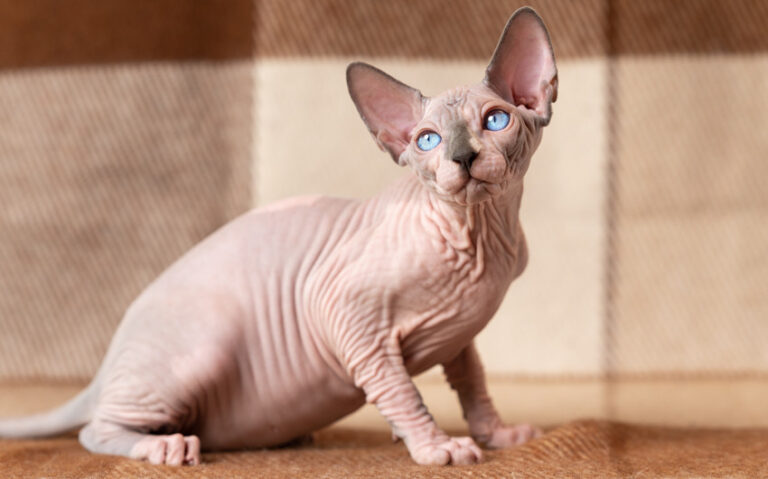Why Are Cats So Hungry All the Time? 7 Surprising Reasons Behind Feline Appetite
If you’ve ever asked yourself, “Why are cats so hungry all the time?” you’re not alone. Whether it’s a persistent meow at sunrise, a paw on your face while you’re trying to nap, or an adorable stare-down near the pantry, cats have a way of making their hunger seem urgent—and endless. While a healthy appetite can be a good sign, an overly eager cat may leave you wondering if something deeper is going on.
Understanding feline hunger involves more than just food bowls and kibble counts. Cats are complex creatures with needs driven by biology, behavior, and sometimes, medical conditions. Some cats truly need more food, while others have simply learned how to manipulate their humans into handing out snacks. There’s also the chance that an underlying health issue could be at play, particularly in senior cats.
In this article, we’ll explore seven surprising reasons why your cat might be acting like it’s always starving. From natural instincts and emotional triggers to dietary missteps and disease, you’ll get a clearer sense of what’s normal—and what’s not—when it comes to your feline’s never-ending appetite.
1. Cats Are Natural Grazers and Hunters
Cats evolved as hunters, not feast-and-famine eaters. In the wild, a cat would catch and eat multiple small meals throughout the day, often consuming rodents, insects, or birds in tiny portions. Unlike dogs—who are scavengers by nature and tend to wolf down large meals—cats are biologically wired to eat small amounts frequently.
So, if your indoor cat seems hungry every few hours, it might be following its natural instinct. Traditional feeding schedules that offer one or two big meals a day may not align with your cat’s preference for multiple snacks. This mismatch can make your feline seem like it’s constantly asking for food, even if it’s already been fed.
Additionally, cats rely on physical activity and mental stimulation during hunting. Without those outlets, an indoor cat may use food as its main event of the day—especially if it’s bored. You might interpret this as excessive hunger when it’s really a blend of instinct and idle time.
2. Boredom or Behavioral Conditioning
Cats are smart—and sometimes manipulative. If your cat gets a treat every time it meows, nudges your hand, or jumps on the counter, it quickly learns to associate those actions with rewards. Over time, this reinforcement turns into a habitual cycle: your cat “asks,” you respond with food, and the behavior becomes ingrained.
In many homes, this cycle leads to a cat that seems to be hungry all the time, when in reality, it’s simply learned how to get your attention. Food becomes more than nutrition—it becomes a form of social engagement or entertainment.
Boredom can make this worse. Cats that don’t get enough playtime, stimulation, or interaction might turn to food as a way to fill the emotional gap. That means your cat’s constant begging might be a plea for play, not a plea for calories.
One helpful solution is to introduce food puzzles or timed feeders. These tools make your cat “work” a little for their meals and reduce the association between food and your availability. Interactive toys and regular play sessions can also redirect that energy.
3. Poor-Quality Diets or Improper Portions
Not all cat foods are created equal. If your cat’s diet lacks essential nutrients or contains low-quality fillers, it may not be satisfying—even if the calorie count seems adequate. Just like humans who eat junk food and feel hungry an hour later, cats fed nutrient-poor meals can develop persistent hunger despite eating regularly.
Low-protein diets, in particular, can leave cats feeling unsatisfied. Cats are obligate carnivores, meaning they require a high percentage of animal-based protein to thrive. When they don’t get enough of it, their bodies keep signaling for more food in an attempt to meet that need.
Portion control can also be an issue. Many cat owners either underfeed or overfeed without realizing it. Labels on commercial cat food often provide broad serving ranges that don’t account for your cat’s specific age, size, activity level, or medical condition.
If your cat seems constantly hungry, it might be worth reevaluating the quality of their diet and recalculating portion sizes with the help of your veterinarian. Switching to a more nutrient-dense, high-protein food or adjusting the feeding schedule can make a big difference.
4. Hyperthyroidism
If your cat’s hunger seems excessive and is accompanied by weight loss, restlessness, or increased vocalization, hyperthyroidism could be the cause. This condition is especially common in older cats and results from an overproduction of thyroid hormones, which regulate metabolism.
Cats with hyperthyroidism often eat voraciously but continue to lose weight. Other signs include increased thirst, frequent urination, vomiting, and a messy or greasy coat. They may also seem more hyperactive or agitated than usual.
Hyperthyroidism is typically diagnosed through a simple blood test. The good news is that it’s treatable through medication, dietary management, radioactive iodine therapy, or in some cases, surgery. If your cat’s hunger appears to be escalating over time, especially in combination with other unusual symptoms, a vet visit is strongly advised.
5. Diabetes Mellitus
Diabetes is another medical condition that can make cats feel like they’re starving even when they’ve just eaten. The disease prevents your cat’s body from properly using glucose for energy, leading to high blood sugar levels and persistent energy deficiency.
As a result, your cat’s cells cry out for more fuel—even though there’s already plenty of sugar circulating in the bloodstream. This disconnect can cause increased hunger, thirst, and urination. Weight loss is also common, as the body begins to break down fat and muscle for energy.
Diabetes is more common in overweight or older cats but can affect younger cats as well. If you notice your cat eating a lot but still appearing lethargic, drinking more water than usual, or urinating excessively, it’s time to schedule a veterinary checkup. Early diagnosis and treatment can greatly improve your cat’s quality of life.
6. Intestinal Parasites
Another common culprit behind constant hunger is parasites—especially intestinal worms. These freeloading organisms consume the nutrients your cat needs to stay full and healthy. As a result, your cat may continue to feel hungry even after eating a full meal.
Parasites like roundworms, hookworms, and tapeworms are especially common in outdoor cats, shelter cats, or kittens who haven’t been dewormed. Symptoms may include a pot-bellied appearance, poor coat quality, vomiting, or visible worms in the feces.
Fortunately, most cases can be resolved with a proper deworming treatment prescribed by your veterinarian. Regular fecal exams and preventive care are essential, particularly if your cat spends time outdoors or shares a home with other animals.
7. Stress, Anxiety, or Environmental Changes
Cats may be creatures of habit, but they are also highly sensitive to their environment. Changes in routine, new pets or people in the home, moving to a new location, or even a shift in your own mood can trigger stress in your cat.
For some cats, stress manifests as hiding or decreased appetite. For others, it leads to emotional eating. The repetitive act of eating provides comfort, predictability, and even distraction from anxiety. If your cat is suddenly demanding food more frequently after a major life change, this could be the reason.
Stress-related hunger is more difficult to spot because it often overlaps with behavioral cues. Try to evaluate any recent disruptions in your cat’s environment or routine. Offering more structure, quiet spaces, and gentle interactions can reduce anxiety. Puzzle feeders and calming pheromone sprays may also help create a more secure atmosphere around mealtime.
When to See the Vet
While many cases of excessive hunger in cats are behavioral or dietary, some are medical—and catching them early is critical. You should contact your veterinarian if your cat shows any of the following signs alongside increased appetite:
-
Rapid or unexplained weight loss
-
Frequent vomiting or diarrhea
-
Noticeable increase in thirst or urination
-
Sudden changes in coat texture or appearance
-
Lethargy, pacing, or vocalization
Regular wellness exams and bloodwork can help detect underlying conditions like hyperthyroidism, diabetes, or gastrointestinal problems before they become severe. Don’t ignore your instincts—if something feels “off” about your cat’s eating habits, it’s always worth getting checked out.

